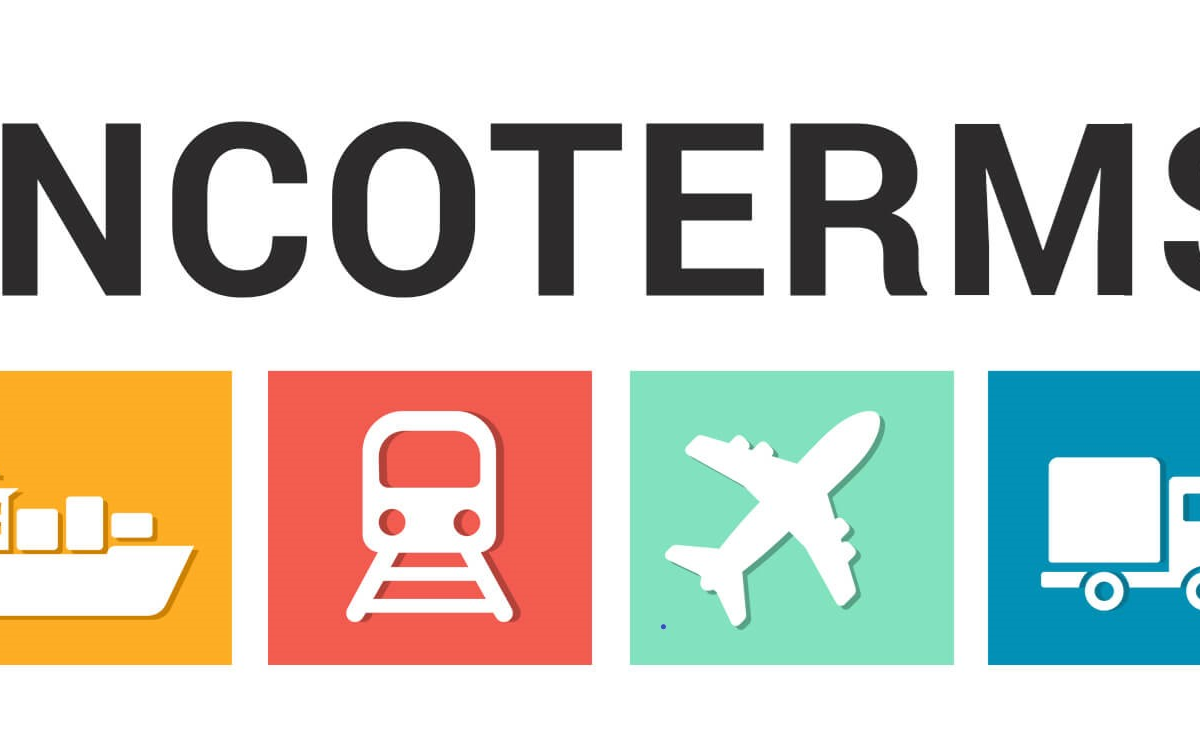
This article is written by Austin Garcia
New U.S. Vehicle Regulations Target National Security Risks
On Monday, U.S. regulators announced a plan to ban certain connected vehicles with hardware or software linked to China or Russia. This initiative is a response to growing national security concerns over foreign entities potentially extracting sensitive data or remotely operating vehicles.
The Scope of the Proposed Rule
The proposed ban applies to on-road vehicles, including cars, trucks, and buses. It focuses on two specific technology categories:
- Hardware and software for vehicle connectivity systems.
- Software for automated driving systems.
Examples include fleet tracking telematics and autonomous vehicle software. However, technologies deemed low-risk, such as lidar and keyless entry fobs, are exempt from the ban. The rule defines components with ties to China or Russia as those designed, developed, or manufactured by entities under the control of these countries.
A Phased Implementation
The government has outlined a phased approach to give automakers time to adjust their supply chains. The prohibitions on covered software will take effect in model year 2027. Bans on certain hardware imports and sales will begin with model year 2030. Automakers can request exceptions and self-certify compliance, and the Department of Commerce is seeking public comments on the proposal over the next month before finalizing the rule.
Impact on Mexico’s EV Industry
This U.S. ban could have significant implications for Mexico’s electric vehicle (EV) manufacturers. Consequently, this could lead to major supply chain adjustments as Mexican manufacturers may need to reduce their reliance on components from China and Russia. This shift, while initially costly, could also present opportunities. The ban could encourage foreign investment in Mexico’s EV industry as companies seek more stable and compliant manufacturing bases. Despite the initial challenges, the long-term effect could be a boost for Mexico’s EV sector, fostering new investments and opportunities.
Addressing a Broader Concern
The Department of Commerce aims to address these national security risks preemptively. While there is a currently limited amount of hardware and software from China or Russia in U.S. vehicles, automakers often lack full visibility into their supply chains. Therefore, the new rule is designed to prevent Chinese and Russian suppliers from proliferating in the U.S. automotive ecosystem and to protect both national security and consumer data.



